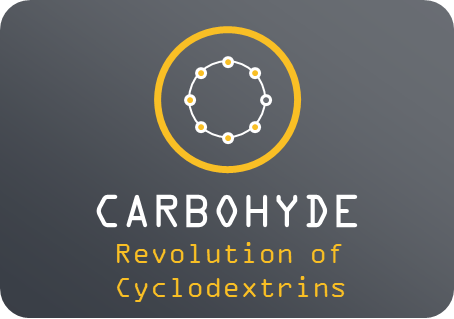It is so great to see new ideas rising in cyclodextrin-supported gene therapy. Nucleic acid-based drugs have therapeutic potential, although their poor stability and low delivery efficiency have hindered their widespread use.
A pH-sensitive nano-drug delivery system comprising β-cyclodextrin-poly(2-(diisopropylamino)ethyl methacrylate)/distearoyl phosphoethanolamine-polyethylene glycol (β-CD-PDPA/DSPE-PEG) is synthesized and developed to target M1 macrophages and miR-223 is encapsulated into nanoparticles (NPs) for sepsis treatment. NPs/miR-223 demonstrated in vitro pH responsiveness with favorable biosafety, stability, and high delivery efficiency. In vivo studies demonstrate that NPs/miR-223 are preferentially accumulated and retained in the inflammation site, thereby reducing inflammation and improving the survival rate of mice with sepsis while exhibiting ideal biosafety. Mechanically, NPs/miR-223 regulates macrophage polarization by targeting Pknox1 and inhibiting the activation of the NF-κB signaling pathway, thereby achieving an anti-inflammatory effect. Collectively, it is demonstrated that the miRNA delivery vector described here provides a new approach for sepsis treatment and accelerates the advancement of nucleic acid drug therapy.
